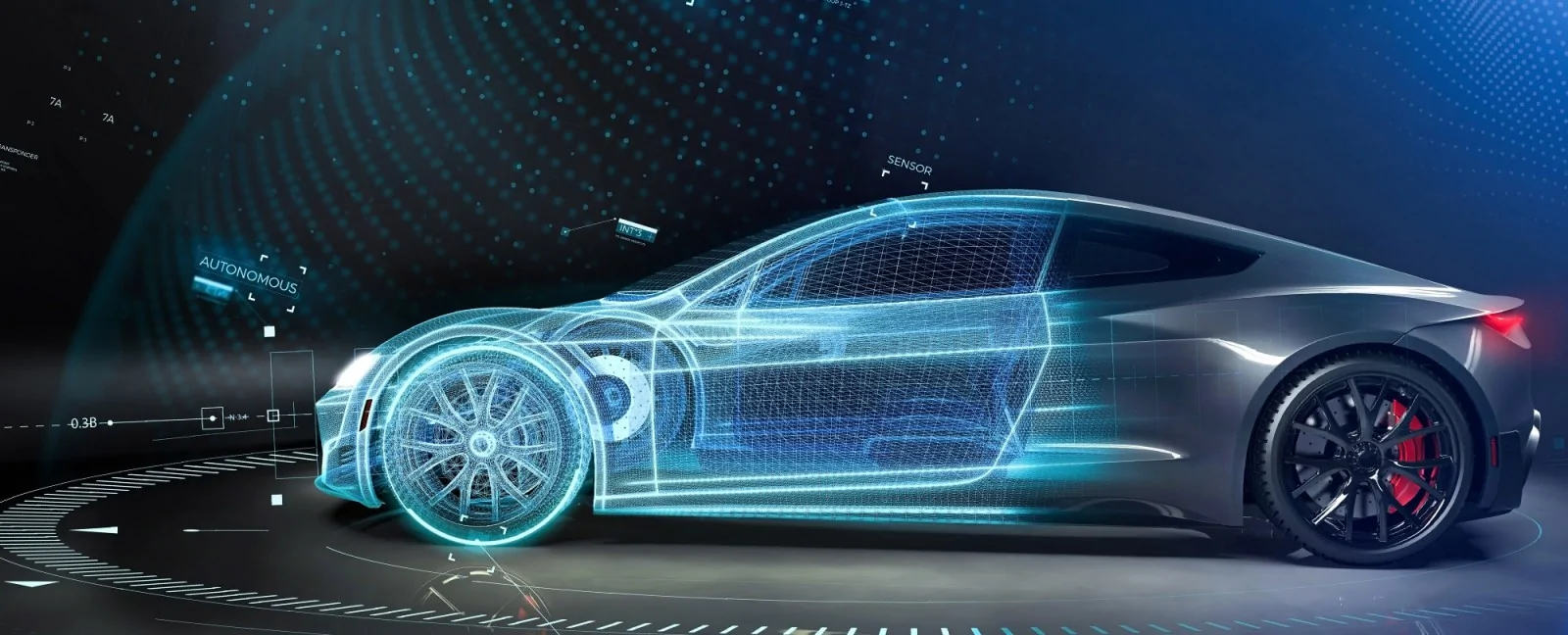What was that year 2020? It would be impossible to reflect on the past year without mentioning the pandemic that gripped the world. Much has been said about the tragedies the virus has wreaked in countries and communities. So I think it’s worth looking at the subject from a different angle: how the pandemic has accelerated our reliance on incredible technologies to keep businesses open and ultimately protect us.
The ways of working have remained largely unchanged for decades, but the pandemic has forced companies to scrutinize the way they work and assess whether it is fit for the modern day. Companies that used to insist that their employees be present all the time in a physical office have had to get involved in flexible working and have learned that employees can be trusted to work from home without affecting theirs Performance impacts. As people’s private and work lives grew together and actual working hours increased, it became clear that companies needed to remind their employees to take adequate breaks to recharge their batteries.
Companies that already had solid online skills were largely able to continue doing business as usual, with some even seeing massive growth. But unfortunately, some industries have faced the most gruesome scenarios caused by the various lockdowns imposed across Europe, particularly airlines, hospitality and entertainment.
The future is now
I am aware that my statements so far only give a very brief overview of what happened in 2020 and that there are many more scenarios that deserve a deeper look, but my main motivation for this blog is a very specific aspect: What does it have actually enables so many companies to adapt so quickly to a digital world? In my opinion it was their willingness and ability to innovate.
And that is exactly the message I wanted to share with you today: Never forget to be and stay innovative and lead your company towards the future. A great example of this is BionTech. How could a small German start-up that was only founded in 2008 win the global race to manufacture the
Win the COVID-19 vaccine? It was the company’s agility – a quality that was anchored in all processes from the start – that made it possible to relocate research and start developing a vaccine within a few days. Sure, enormous sums of money were also used, but these investments were only made because the BionTech set-up promised the fastest returns.
You could say it was just luck, but who says your next leap of faith in a new technology isn’t exactly the one that will give you that same “moment of happiness”? It’s not about guessing, of course, but about researching in order to make informed decisions and then having the courage to move forward. The founders of BionTech did nothing else in 2008 by assessing the potential risks and opportunities before founding their company. Creating an innovative corporate philosophy from the start has helped them get to where they are today, and implementing such a corporate culture in the workplace is what all leaders must promote in the modern world.
Companies should open up to new technology
The holiday break was a good opportunity to think about what we have achieved in 2020, but also about our goals for 2021. Last year was good for our business, but what we learned has set us up for even more success in the new year.
About a year and a half ago I read a great book about artificial intelligence that got me thinking about industrial revolution 4.0 – or 5.0, depending on how you count.

Among other things, I talked to my teams about the aspects described in this book and how we could use them for our company. In my recent deliberations, I realized that in 2021 the companies I run will actually be rolling out three different applications of artificial intelligence to bring precision, customer experience and satisfaction, and ultimately brand loyalty, to levels that can be achieved by traditional means not possible or much more expensive.
These ideas are easy to implement in theory, but they require wide acceptance by customers and employees in order to be successful. That is the greatest challenge that executives have to face on their innovation course.
To overcome them, leaders must first understand the underlying concepts and technologies and how they can be used in their respective business areas. The second and more difficult challenge is to distinguish “sham packages” and only apparent solutions from real innovations.
Once this is done, the hard work begins. It is time to turn the concept into reality and accept that you will not always achieve 100% of what you set out to do, but that even reaching 80% puts you in a much better position than before . This change in mindset will give your business the edge it needs.
Humans still play a crucial role
All the talk about artificial intelligence can create anxiety in employees’ minds and make them think about their job security. And while it’s true that machines will do a large part of the work in the future, people still play an important role in developing and implementing the technology.
The success of this approach ultimately depends on the ability of business leaders to spark a spark in their employees that inspires them to follow the path of innovation. In each transition phase, development becomes to some extent more important than execution, but ultimately execution should improve dramatically over the long term. Modern companies need this cultural change, but to enable such further developments, modern management is required that is ready to promote new ideas.
Those of you who have paid attention are now wondering how to achieve widespread customer adoption for new technology. The answer is to make sure that any new innovation makes the task the customer is trying to do easier or more efficient. There has to be a point where using technology is the logical choice for the customer if they have an option. For those of you who don’t believe me, testing the customer support process at Apple over both phone and chatbot is a great example. Having recently had this experience myself, I would bet that the majority would turn to chatbots to help solve most problems in the future. It’s a perfect example of how innovation and new technology have improved the customer experience and therefore customer satisfaction. And this ultimately helps drive brand loyalty.

Customers now expect more from your company
Ubiquity is described in the Oxford Dictionary as: “the fact that something seems to be everywhere”. This is something that a professor at my university once explained to me as a concept for the future, and looking back I can say that it was one of the wisest predictions I have ever heard. Back then, she expanded that definition to include time – the idea that something is everywhere at all times. When you think of successful modern platforms like Google and Amazon, it is clear that they follow exactly this concept.
Ultimately, however, this concept is based on the mass acceptance of customers. Their desire for such solutions has driven the increased use of technology and given modern companies the opportunity to develop more innovations.

About Sebastian
Automobility is his great passion. In the course of his career, he has already implemented exciting projects for several major brands, including Jaguar and Land Rover Germany, Hyundai Motor Europe GmbH, Europcar and the Volvo Car Corporation. After joining Cox Automotive in 2017, his current task is to develop a completely new digital business model for the used car industry with Manheim Express.

